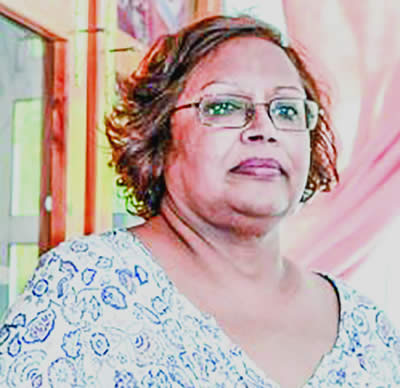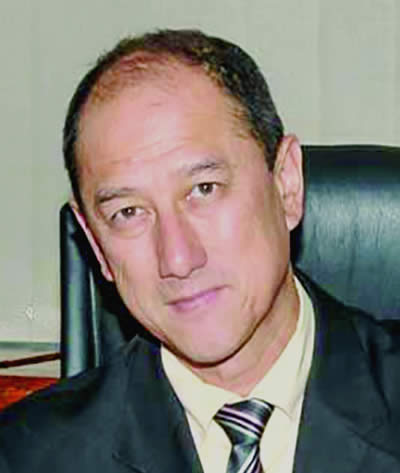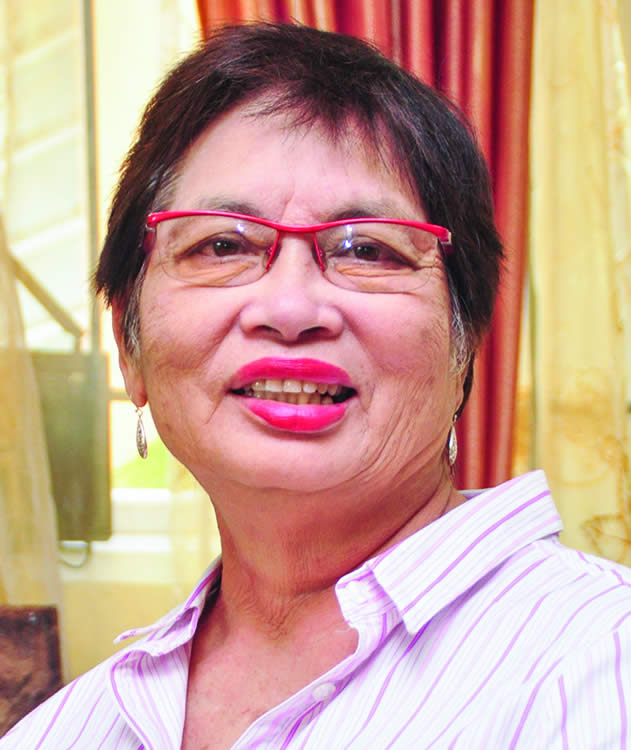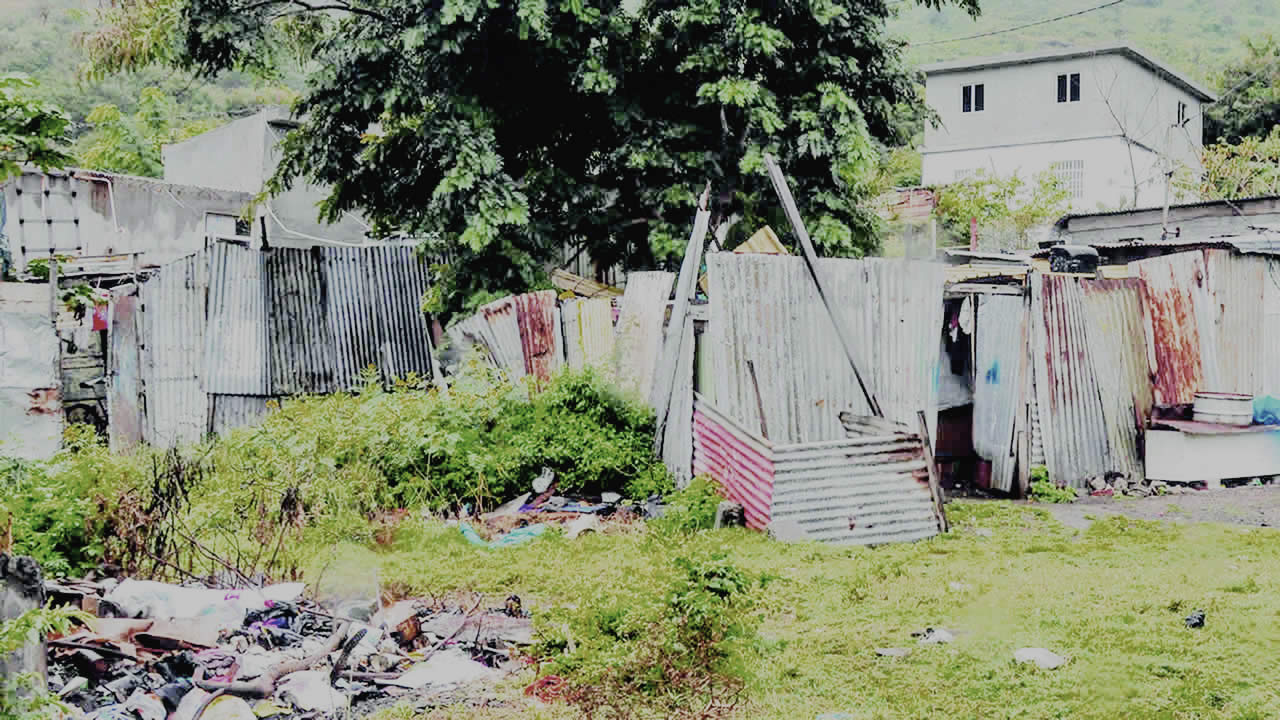
122,700 Mauritians are affected by poverty. For a small country like Mauritius with around 1,286,240 inhabitants, it is alarming. The global agenda today is creating an inclusive world. Alone, the Government policies cannot create social inclusion. There is need for greater participation from all sectors to reach those left furthest behind and overcoming poverty in all its dimensions. How can we achieve greater social inclusion by enabling people from all walks of life to come together to respect the human rights and dignity of people living in poverty?
According to statistics available at the Ministry of Finance and Economic Development, it is estimated that 33,600 households in Mauritius live below the poverty line, in other words 10% of the population. That is to say, poverty affects 122,700 Mauritians. Such extreme poverty, as defined by the World Bank, affects families living on less than $1.25 per adult per day (‘adult equivalent’). This equates to Rs 3,500 per adult per month in Mauritius. Extreme poverty has kept on rising since the early 2000s, so that it affects 1.2% of the Mauritian population today, while in 2004, it was only around 0.4%. To date, the United Nations Development Programme (UNDP) is of the view that there is a real risk of Mauritian families sliding into extreme poverty.
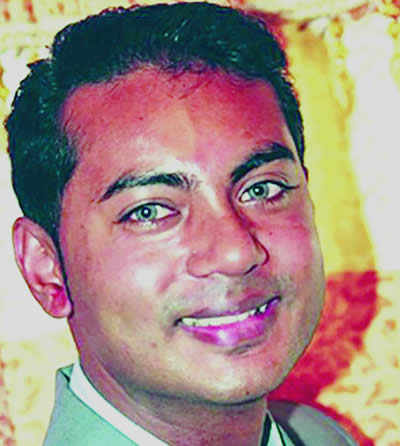
For the World Bank, an inclusive society is one whereby there is a process to improve the terms for individuals and groups to take part in society, and at the same time the process of improving the ability, opportunity, and dignity of those disadvantaged on the basis of their identity to take part in society.
Economist Dr Bhavish Jugurnath explains that a socially inclusive society is one in which all people have access to the social, economic, political and cultural systems that contribute to the integration of a person into the community. “Many factors contribute to social exclusion, including poverty, and inadequate education, housing, health, social participation, employment and access to services. The Government of Mauritius should strive to achieve a better quality of life for all its citizens by increasing employment and education opportunities, fostering healthy and safe communities, and promoting sports, arts and culture. This strategy should focus on reducing the number of people who experience social exclusion and poverty, while improving their lives. Investments in social inclusion not only improve the circumstances of the most vulnerable, they also bring people back from living on the margins of society and increase their ability to participate in the community.”
Geerish Bucktowonsing, Former MACOSS President, social and economic observer, argues that to be able to become an inclusive society, Mauritius needs to overcome exclusion. “Mauritius has so far done lots of progress but we still have a long way to go. It is a sad reality that extreme poverty is continuing.”
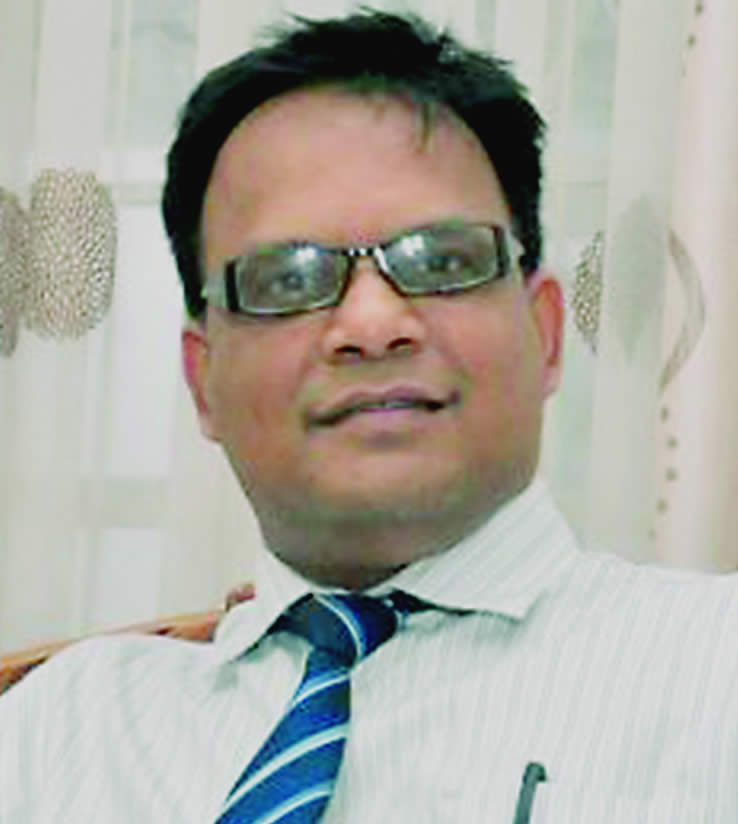
Priscille Noël, Chief Serving Officer of Lovebridge, argues that an inclusive society is one which does not leave anyone behind and aims at empowering and promoting the development of all citizens. “As an NGO working constructively towards the inclusion and empowerment of families living in poverty, we can say that many initiatives exist in Mauritius, yet the challenge remains in supporting these inclusive projects over the long-term, for deep impact over one generation.”
She adds that besides material poverty, which is the most visible form, another designation is social exclusion. “This is confirmed by field observations from our Lovebridge team and findings from 31,000 accompaniment hours per year with families living in poverty. There is also the perception among beneficiary families of a widening gap of relative poverty between them and other segments of the population. Poverty is also now not restricted to specific geographical areas. In that sense, Mauritius can learn from best practices implemented elsewhere, that is other countries facing similar situations.”
Flagship measures
All the programmes, projects, services and facilities being offered by NEF, executing arm of the Ministry of Social Integration and Economic Empowerment (MSIEE), advocate the promotion of fair and inclusive society.
These services, which are being offered to beneficiaries of NEF who are eligible under the SRM, are:
- educational support such as School Materials Scheme for students of pre-primary, primary and secondary
- Child Allowance Scheme for students of pre-primary, primary and secondary
- Creche Voucher Scheme for children 03 months to 03 years old
- Free Exams Fees Scheme (resit) for students of SC and HSC, and School Premium for students of SC and HSC.
- NEF caters also for the construction of houses under the Full Concrete House (FCH) scheme and upgrading of housing units.
- A project of pre-fabricated housing units is also in the pipeline.
Under the Empowerment Scheme, NEF, with the collaboration of various stakeholders, organises job fairs, training in Life Skills, and revenue generating activities such as
- Bio-Farming
- Bee Keeping
- Home Gardening, Pastry
- Housekeeping
- Welding, Electrical Installation Works, etc.
We firmly believe that Empowerment is the key component to help poor families to stand on their feet and restore their dignity.
One of the main programmes of NEF is the Income Support Scheme which is the payment of a monthly subsistence allowance ranging from Rs 500 to Rs 9,520. By end of August 2018, some 11,572 families, including 2,270 in Rodrigues, are eligible under the Social Register of Mauritius (SRM). Since December 2016, a total amount of Rs 652 M has been disbursed under the Subsistence Allowance item.
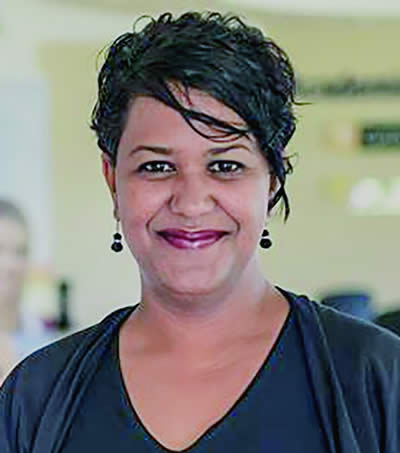
Building an inclusive society
Priscille Noël argues that building an inclusive society is crucial for long term impact, to consider the voice and input of the most vulnerable families, this in a participative approach, when devising and implementing targeted programmes. “Families living in poverty need help to break out of this cycle as well as to develop a self-help mindset for empowerment. Both material poverty and social exclusion need to be addressed.”
She reveals that Lovebridge works with each beneficiary family around five tangible pillars of material poverty (Education, Employment/Employability/Training, Housing, Food & Nutrition, Health) and a sixth fundamental pillar, central to individual and family advancement, and related to Motivation, Positive Attitude towards empowerment, Skills and Courage (MASCO). “75% of beneficiary families are additionally supported by volunteers from different walks of life. In the end, love, respect, understanding and support via accompaniment help families move forward with confidence. Solidarity among Mauritians, with one family helping another, as well as accompaniment structures in place, can help Mauritius further develop into a deeply inclusive society.”
The setting up of an inclusive society should not be the affair of the Government only, believes Clifford Vellien, Communication Manager from National Empowerment Foundation. “So far, Mauritius has been blessed during these last five decades with the intervention of various stakeholders, including NGOs (from Mauritius and Rodrigues) which have really played an important role in the making of an inclusive society. Even the different religious bodies are contributing immensely in the making of an inclusive society through their interventions at their respective levels and at national level. But the participation of the needy ones is essential in this process as they have to contribute in the making of their own progress and prosperity.”
Inclusive society and high income country
According to economist Dr Bhavish Jugurnath, there are three key interrelated areas that are critical for poverty eradication and inclusive development, which include universal social protection, meaningful participation and social and solidarity economy. “It is unlikely that development will be sustainable unless it is inclusive. Social policies that promote practices based on universal rights-based entitlements, equal and meaningful participation, as well as norms of solidarity and reciprocity, while paying due respect to diversity and the environment, are more likely to enable social inclusion.”
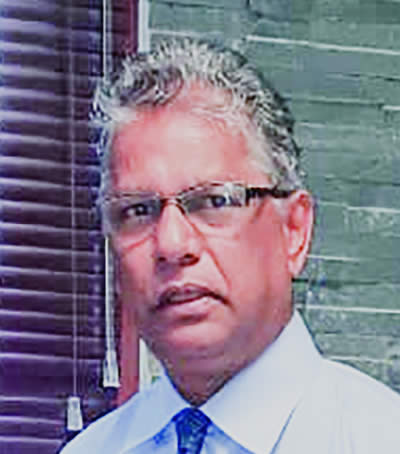
He underlines that under this approach, social policy should be concerned not only with the welfare and rights of an individual but also with supporting social relations, institutions and structures through which the welfare of individuals in their households, communities and nations could be sustained and improved, while recognizing the importance of societal levels of analysis and not simply economic or individual indicators. “For example, higher wages for the lowest-paid workers has the potential to help people out of poverty and add to the nation's overall real income. Secondly the social inclusive policies that encourage higher savings rates and lower the cost of building assets for working and middle class households can provide better economic security for struggling families. New programs that automatically enroll workers in retirement plans and provide a savings credit could help lower-income households build wealth. Access to fair, low-cost financial services and home ownership are also important pathways to wealth and economic growth.”
Impediments to overcome
From education to mindset, there are several other obstacles we need to overcome in order to be an inclusive society. Firstly, economist Dr Bhavish Jugurnath underscores that as the focus of economic development has shifted to export, industries and tourism, the rural households that depend on agriculture as their source of income have become more vulnerable to poverty. “Environmental deterioration is one of the biggest causes of low yields of agriculture. Women in rural areas and their families are especially prone to poverty, as they often have low levels education and have not acquired professional skills. Modernization and industrialization boosted the economy but also led to greater income inequality.”
Furthermore, Geerish Bucktowonsing utters that the mindset should change. “There is need for Mauritius to bring a change in our legislation. There is need to put forward our unexploited talent.”
Clifford Vellien also advocates that the perspective of people on the issue of poverty is a real obstacle. “Some people think that some vulnerable families do not deserve an enhancement in their living conditions, arguing that they do not make effort to get out of the poverty trap. But with this kind of thinking, they are not helping in the setting up of an inclusive society.”
Saajidah Dauhoo : “There is a lack of follow-up for poverty cases”
The president of SOS Poverty, Saajidah Dauhoo, feels that a lack of proper follow-up makes it difficult to combat poverty. According to her, “little things are being done in several remote areas” while she reckons that a concerted effort would have had a greater impact. “In Mauritius, there is a lack of follow-up for poverty cases. Many people think that helping the poor means to only give them food or money. But combating poverty goes well beyond that,” she said.
Additionally, Saajidah Dauhoo strongly believes that as long as poverty alleviation does not become a top priority for the Government, Mauritius will face many difficulties in any attempt to build an inclusive nation. “On paper, everything looks so nice and proper. However, in reality we can see that things are much more different. Our country has its own set of functional realities but it is very unfortunate that today itself, meritocracy remains a utopia,” claimed the president of SOS Poverty.
Alain Wong : “We must deal with all the delinquencies of society”
Minister of Social Integration and Economic Empowerment, Alain Wong highlights that if we compare to global trend, Mauritius is doing quite well but we cannot glorify on it. “An Inclusive society is very hard to realize but we have to work for it. We have to teach people to live in discipline. There must be sacrifice and beyond everything, we must have good moral values. We must deal with all the delinquencies of society.”
Further, the Minister emphasizes that the Government is providing empowerment support with the collaboration of key service-providers in several areas namely education, training, employment, health, family welfare, sports and leisure, and life skills enhancement. “We have adopted a Marshall Plan and the Social Integration and Empowerment Act has made numerous provisions to combat poverty. Until now, the Government has injected Rs 600 million for financial support. Along with the NEF, lots of measures and support programmes are being offered.”
It is important to come forward with improved measures and new initiatives to address poverty challenges while at the same time make a meaningful difference in the lives of the poor, the Minister indicated.
Commenting on the upcoming project, the Minister confides “the CSR Foundation falling under the aegis ministry have 10 areas of priorities which are closely linked to poverty alleviation. We have decided to add more criteria. We have seen that old people have been abandoned by their children. The CSR will be used to help them but as well help people living with a physical handicap.”
Danielle Wong : “We are far behind to become an inclusive society”
Chairperson at National CSR, Danielle Wong reveals that we are far behind to become an inclusive society. “The intentions are good but we are not putting them into practice. There is time to review the national policy. For example, Mauritius should inspire itself from England and Europe by implementing the Social Act. This kind of law will allow more inclusiveness.” Commenting on the CSR, she states that a company gives away 2% provided it does profit.
So, for her, not much sustainable projects are being done. “For our development, having enterprises involved socially is very essential. For any bid for government contracts, companies should show inclusiveness in employment and education.”
 J'aime
J'aime








